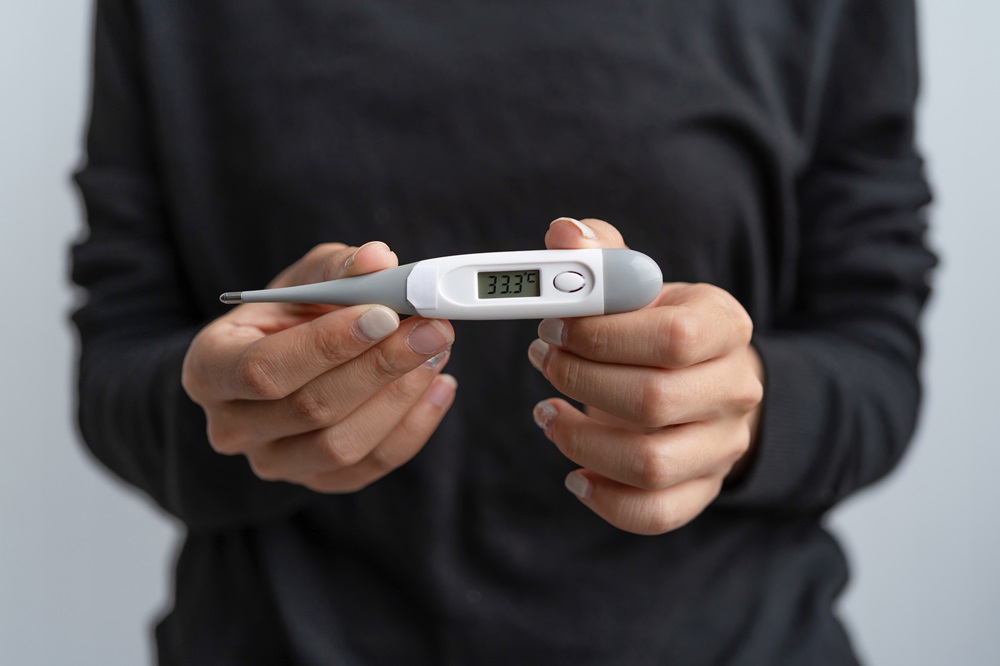
Electrolytes - role, sources in food, pharmacy products
Electrolytes are minerals that occur in the body in the form of ions and are responsible for maintaining the body's balance at the most basic levels.






Flaxseed is small seeds that can have a positive effect on the functioning of the human body. What is flaxseed good for?



